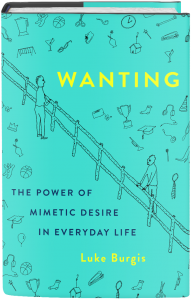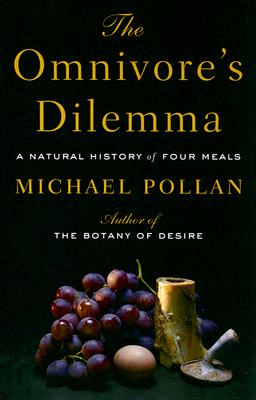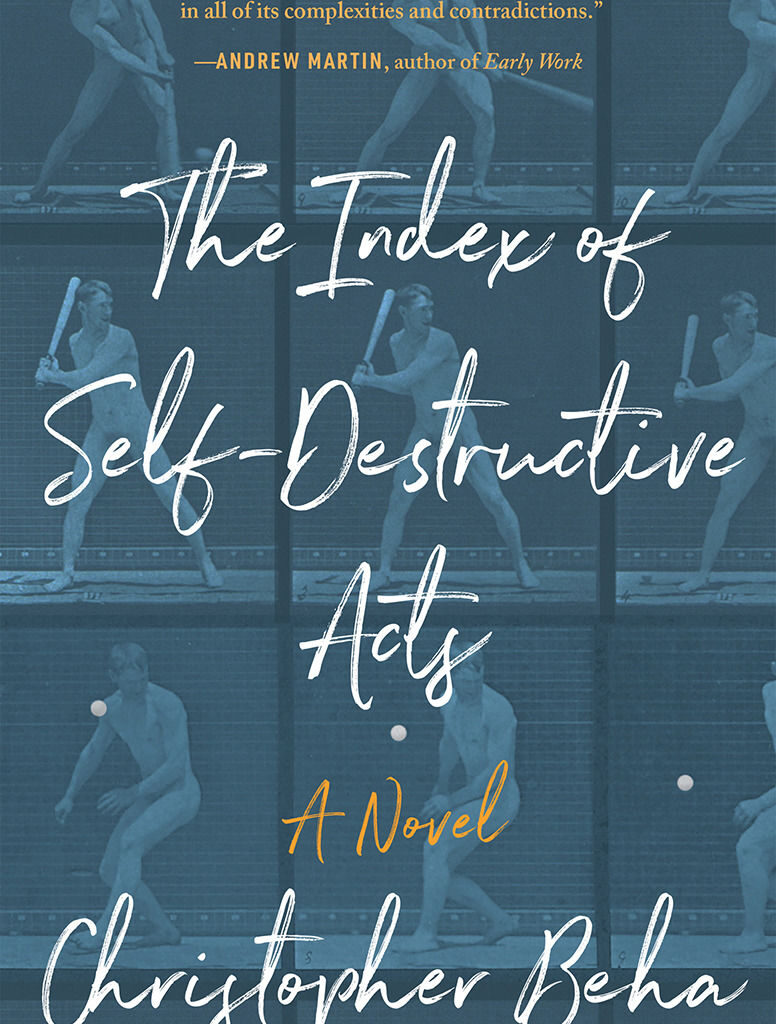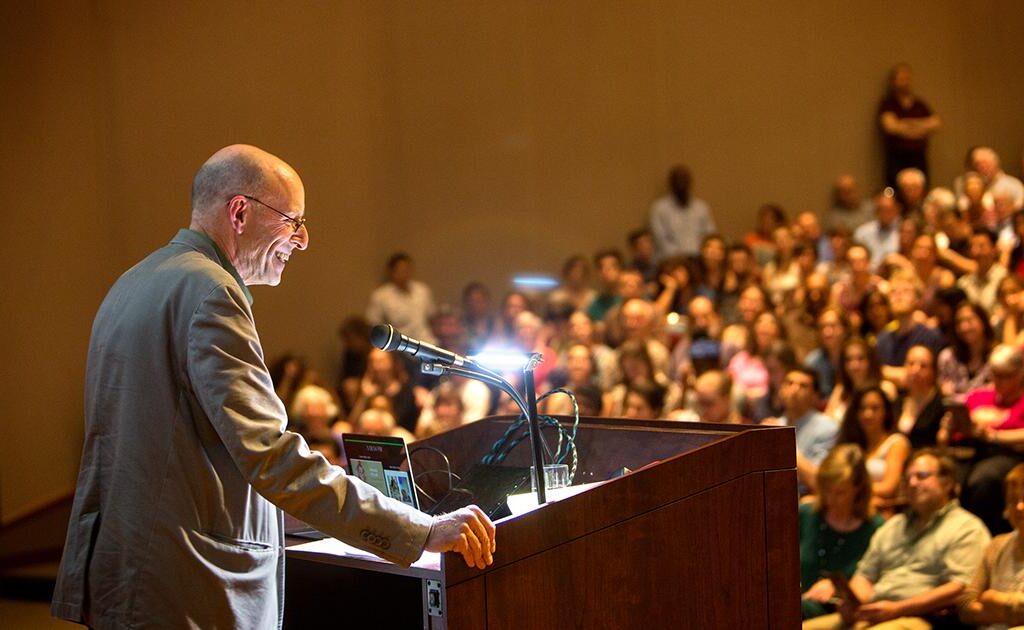
Luke Burgis, 2021
I do not very often find myself reading books that you can find on display tables in airport bookstores (call me a hipster. It’s fine. I live in Portland). But I read one this summer, and I highly recommend it. The book, Wanting by Luke Burgis, explores the thinking of the French philosopher René Girard in a way that flirts with the lines between pop philosophy, self-help, entrepreneurship, and spiritual autobiography. Which sounds awful, but this book is well-worth reading (or listening to the audiobook, which Burgis reads).
The question that the book explores is why we want what we want. Why, when someone else talks about wanting something, do we suddenly find ourselves wanting it, too? Is it the thing itself we want, or the recognition that comes with having it?
In Wanting, Burgis lays out Girard’s theory of “mimetic desire,” which has to do with people mimicking the desires of others in an attempt to be happy. Since these desires are not our true desires, they lack the ability to make us truly happy. In Girard’s thinking, mimetic desire leads naturally to the “scapegoat mechanism,” which he sees as one of the main operative forces in human history. I’ve heard Girard described as a smart guy who only had two ideas – mimetic desire and the scapegoat mechanism. Burgis’ book explores both, but I have to say that I found the part about the scapegoat mechanism less compelling. That said, it’s worth reading for Burgis’ practical insights about mimesis.
I heard about this book back in March while visiting my friends Anna and Darren Cools in Michigan. Anna told me about starting a paper exploring Girard’s thinking through the lens of the play Much Ado About Nothing with the question “sex is great, but have you ever been esteemed by your bro’s?” Later that day, I heard her ask their oldest son a similar question: “Why do you want X? So you can use it, or for the esteem of your bros?” It’s a question I think we could all ask ourselves a little more regularly.
The Omnivore’s Dilemma
Michael Pollan, 2006
In The Omnivore’s Dilemma, Michael Pollan explores four modes of food production in an attempt to solve the titular dilemma: when you can eat everything, it’s hard to figure out what you should eat. For each mode of production — industrial, industrial-organic, “beyond organic,” and hunter-gatherer — Pollan delves into what it takes to get that food to his plate (or, in the first case, McDonald’s bag).
This is the best book I’ve ever read about food. If you care about food, or sustainability, or the ecological-environmental crisis, or animals, or if you don’t care about those things but you have the sneaking suspicion that you should, then go read this book. The best part is when Pollan tries to buy a steak online from Joel Salatin’s farm in Virginia. Salatin refuses to ship him a steak, so he goes to get it himself. He ends up working for several days on the farm, spending time with Salatin’s family, and getting some of the best food of his life.
A mini-book review probably isn’t the place to go into this, but when I read this book I realized how much all my interests keep merging into each other. Or put another way, I keep finding that everything I’m interested in is another aspect of the same thing. The lines between ecology, agriculture and food production, architecture and urbanism, consumerism, social ecology, the nature of work – they all keep blurring.

The Index of Self-Destructive Acts

Christopher Beha, 2020
I did not read very much fiction this year, which is the sort of mistake that pays compounding interest. The longer it’s been since I’ve read a novel, the harder it is to start. The mode of thinking, the extent to which you have to let yourself get pulled around by the nose, is so different from reading non-fiction.
But I read and loved The Index of Self-Destructive Acts by Chris Beha, even though I don’t care one lick about baseball, which is central to the book. The title comes from a (made-up, I believe) baseball statistic that reflects the frequency with which baseball players do things that are no one’s fault but their own. The story focuses on two characters: Sam Waxworth, and Frank Doyle. Waxworth is a young writer and statistician who has just moved to New York after writing software that correctly predicted every major electoral outcome of the 2008 election. He had created the software after writing and selling a similar program for baseball results. He sees baseball through the lens of data, “Sabermetrics,” as part of his overall vision of the world as being material and deterministic, completely predictable if only we had all the data and knew how to look at it. Doyle is the author of numerous books about baseball like The Crack of the Bat and The Smell of the Grass, books that reflect a completely different, more experiential and intuitive, understanding of the game. But when his path crosses with Sam, Frank is living in disgrace after having made a racist remark about Barack Obama on national television during a baseball game.
The book is filled with self-destructive acts like this, mostly off the baseball diamond. It’s a story of aging, of loving imperfect people, of the collision of old ways and new. I’d say it’s the best novel I read this year, but to be honest, it might be the only one I actually finished. But it’s the best recently written novel I’ve read in several years. Chris Beha, the editor of Harper’s Magazine, is a revert to Catholicism. If Mary Beth Keane’s Ask Again, Yes (which I loved) and Alice McDermott’s The Ninth Hour (which I hated) are signs of the decline of the American “Catholic Imagination,” The Index is a clear sign indication that it still actually has a lot of life.

@patrick if you ever get the desire to work on a small scale farm, we have one in Camas!